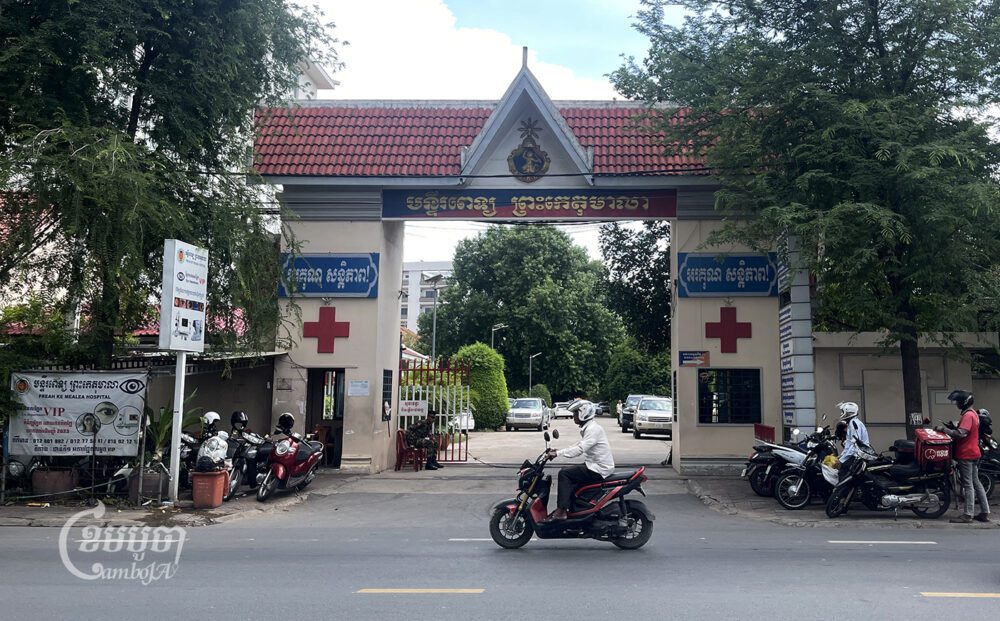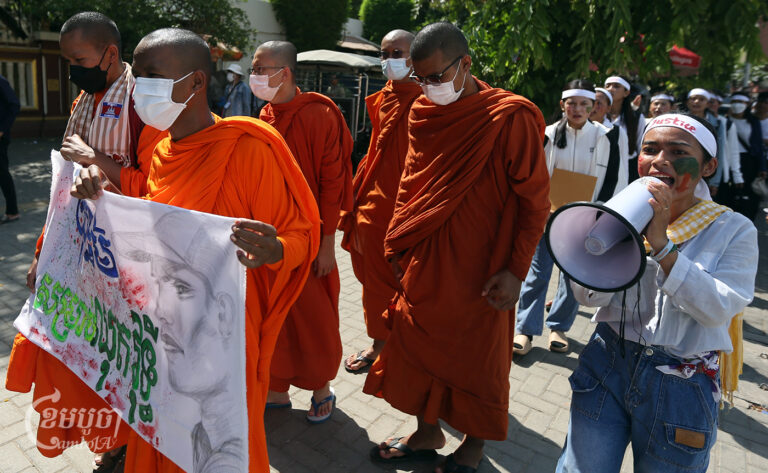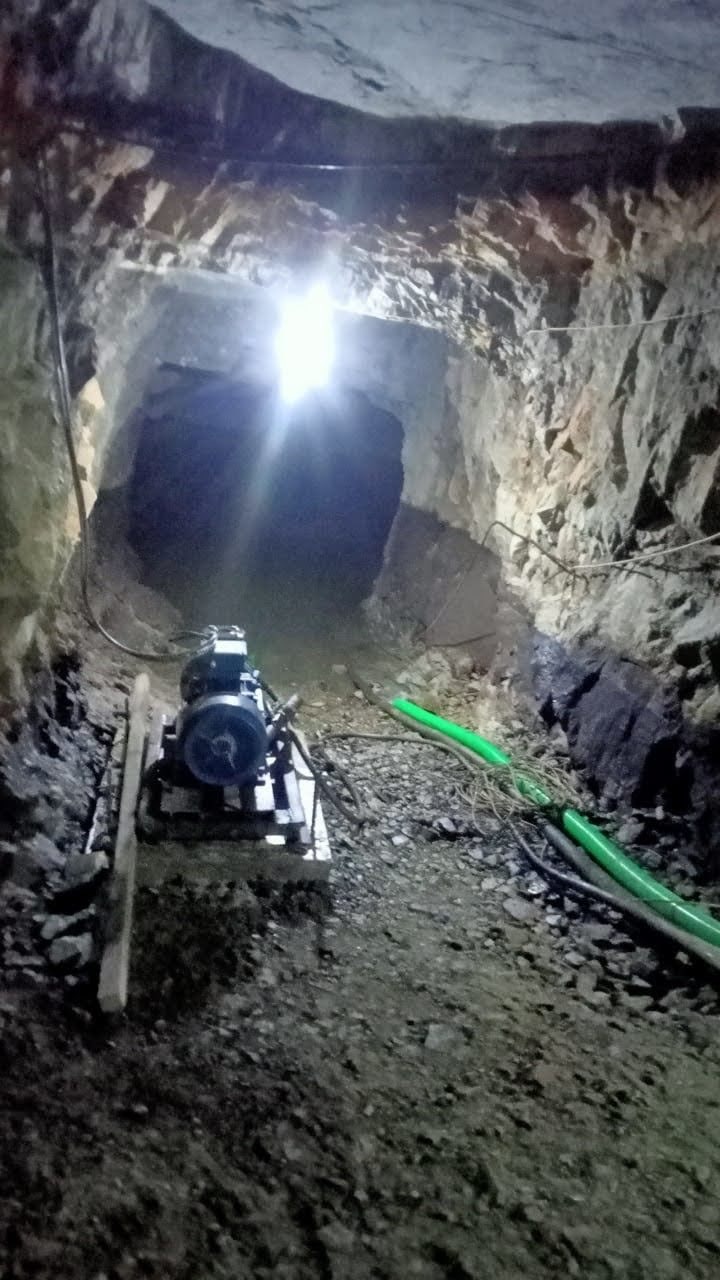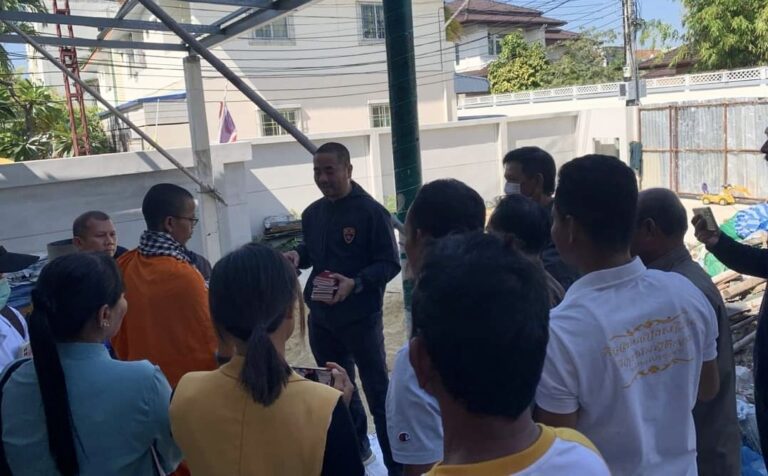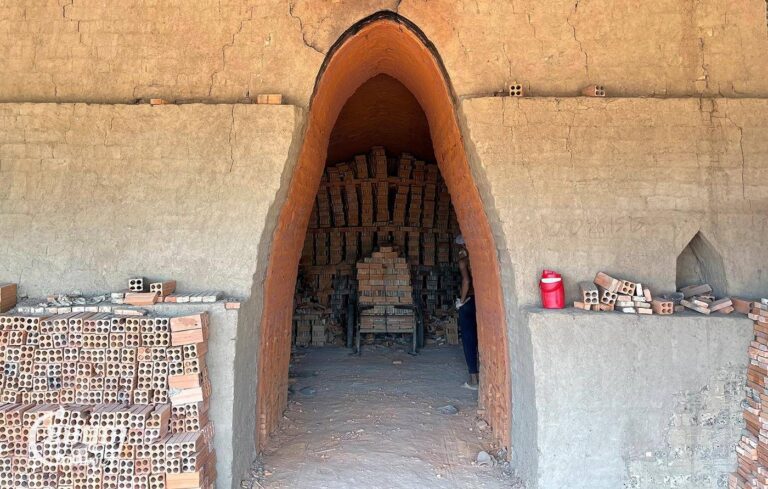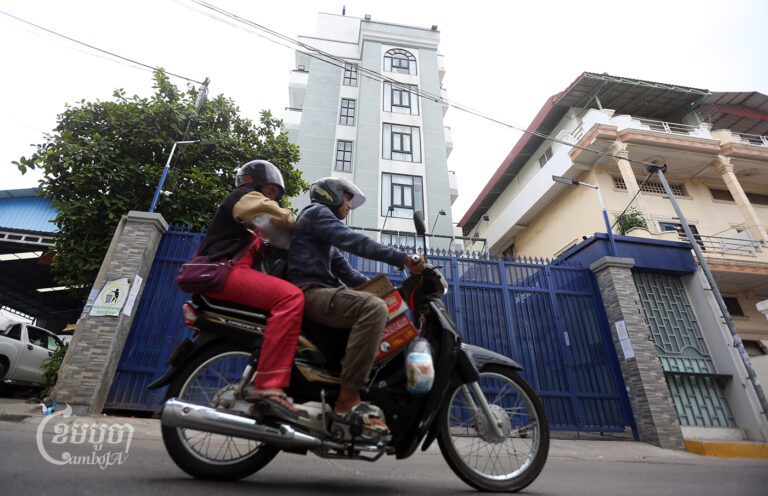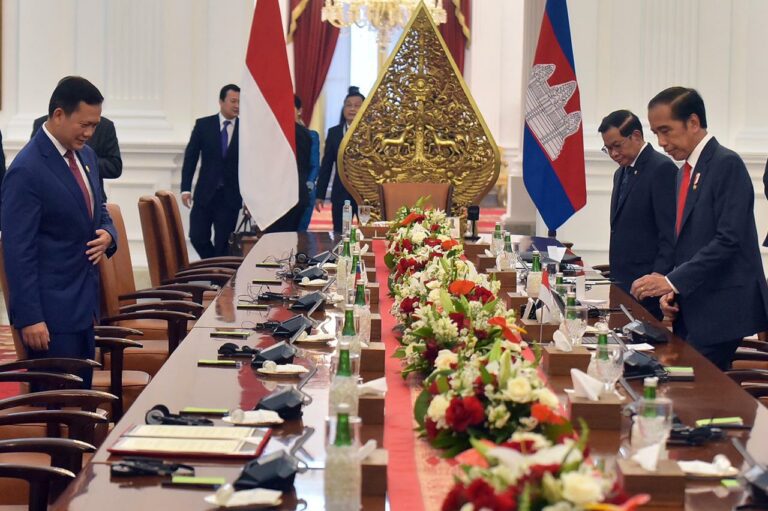Cambodian police are investigating alleged illegal organ trading at Preah Ket Mealea Hospital in cooperation with Indonesian police, while a hospital official claimed to have no knowledge of the sale of kidney transplants at the hospital.
Indonesian authorities say traffickers sent 122 Indonesian victims to the Cambodian state-run hospital, also known as Military Hospital 179, to have their kidneys removed and sold.
Indonesian police arrested 12 people, three of whom were arrested in Cambodia, according to the Associated Press. Nine of the suspects were organ trade victims who allegedly lured other people to sell their kidneys through social media, while an additional suspect allegedly sent the victims to Cambodia. An Indonesian police officer and an immigration officer were also arrested, and victims were promised about $9,000 each.
Spokesperson for the Cambodian National Police Chhay Kim Khoeun said the police are investigating the case and cooperating with Indonesian police regarding the arrests of the organ trafficking suspects. However, he said he could not confirm the number of suspects in the case arrested in Cambodia.
Keo Thea, the chief of Phnom Penh’s Municipal Anti-trafficking Department, told CamboJA on Wednesday that his office sent a request to the National Police Commissioner for support and that police are working with the Indonesian Embassy in Cambodia to investigate the case.
“We must work carefully and strictly on this case as Cambodia has a law on kidney and organ donation,” he said. “If we found that any hospital in Cambodia was [involved in] trafficking kidneys, we must take any legal action as it violates Cambodian law.”
He noted that while donating organs is legal in Cambodia, trafficking of organs violates the law. Police in his department will work with the relevant agencies to inspect private clinics and hospitals for any complicity in the illegal organ trade in Cambodia, he said.
Seng Chhun, deputy director of Preak Ket Mealea Hospital, said he did not know about illegal organ trading in the hospital.
“I do not know about kidney transplant sales or illegal organ trading [at Preah Ket Mealea Hospital]. I can answer only about diseases. I am busy now,” he said before hanging up the phone on Thursday.
The hospital’s deputy chief, Major General Khieng Vuthy, denied that there were any cases of kidney transplant sale or illegal organ trading at the hospital, according to the Khmer Times. Vuthy did not respond to a Facebook message request for comment from CamboJA.
The Associated Press reported that the suspects were charged with violating Indonesia’s human trafficking law and could face up to 15 years in prison and a fine of up to about $40,000.
Hengki Haryadi, the Jakarta police director of general criminal investigations, told Indonesian news outlet Kompas on Friday that Cambodian police and Prime Minister Hun Sen’s advisors informed Indonesian authorities that this case of organ trafficking violated Cambodian law.
Haryadi said “double criminality,” in which suspects allegedly violated the law in both countries, will make the case easier for police to handle and allow authorities to bring suspects from Cambodia to Indonesia.
The Indonesian Embassy in Cambodia and the public relations department for Indonesia’s National Police did not immediately respond to requests for comment sent by email.
Keo Vanthan, spokesperson for the General Immigration Department, told CamboJA that his department has not received any information about organ trafficking related to the three suspects arrested in Cambodia.
Spokesperson for Ministry of Interior Khieu Sopheak did not respond to requests for comment sent via Telegram.
This is not the first time Cambodia’s Preah Ket Mealea Hospital has been linked to organ trafficking. Back in 2014, the hospital’s director Ly Sovann, along with other hospital officials and staff, were detained for suspected organ trafficking at the hospital, according to the Phnom Penh Post, but Sovann was later released and returned to his position at the hospital.
Ly Sovann is still the hospital’s director to this day. When CamboJA called Sovann’s phone number on Friday, a person answered but the line cut out after a CamboJA reporter started asking questions.
In 2016 the National Assembly passed a law that banned commercial organ transplants, stating that any donation of human parts must be done for humanitarian purposes and not for profit. Implanting organs for commercial purposes, as well as advertising the trade, are forbidden under the law and perpetrators can face prison sentences of up to 20 years, according to the Phnom Penh Post.
In March of 2022, Prime Minister Hun Sen urged the Health Ministry to promote domestic organ transplant services more.
“We have the law but we have not disseminated about it,” Hun Sen said. “When we do not disseminate it, the people who would go overseas continue to go overseas.”
This year in June the US State Department’s latest Trafficking in Persons (TIP) report kept Cambodia at the lowest possible rank, Tier 3, which meant the government had not made “serious and sustained” efforts to eliminate human trafficking and hold perpetrators accountable.
Vice Chairperson of the Interior Ministry’s National Committee for Counter Trafficking Chou Bun Eng told CamboJA last month that Cambodian authorities are working vigorously to fight crime and have collaborated with other countries and international organizations to ensure victims are released.
“Even though we are busy working, we do want to rest,” she said. “We are working hard. Perpetrators do not allow us to live peacefully.”
At a July 20 press conference in Jakarta, Haryadi mentioned that the “modus operandi” of the traffickers in this kidney trafficking case was recruiting through Facebook, specifically naming two Facebook pages: Donor Ginjal Indonesia (Indonesian Kidney Donors) and Donor Ginjal Luar Negeri (Kidney Donors Abroad).
As of Saturday, there are at least five Facebook pages with these names. Posts this month on one Kidney Donors Abroad page include people saying they wanted to sell their kidneys for reasons such as “I really want to donate for family needs,” “to pay off family debts,” and “I need money for tuition.”
“There are still a lot of arrests in the foreign network case (Cambodia),” one post from July 21 reads. “Better to just lay low for now bro.”


